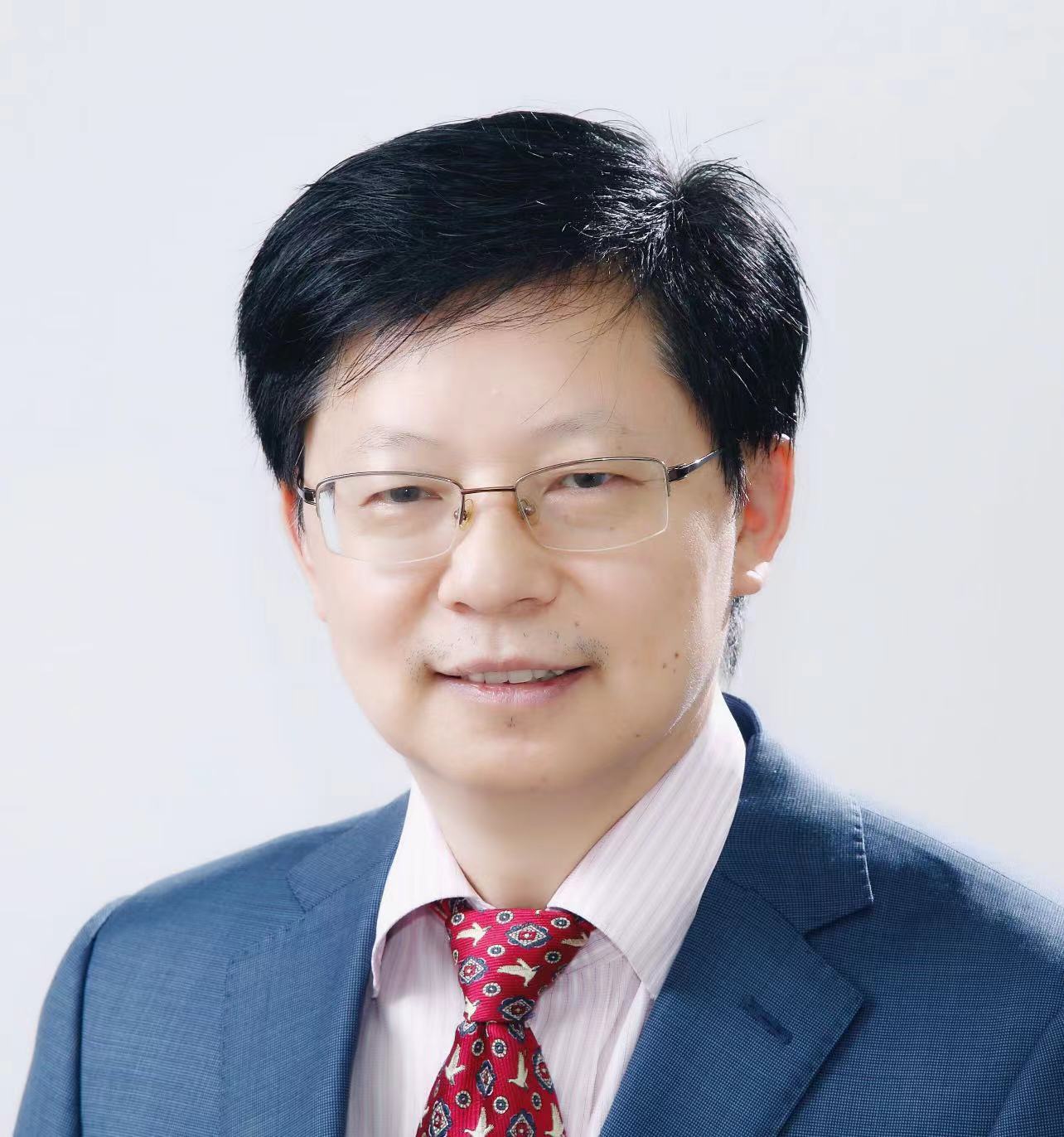Keynote Speeches
Keynote Speech I
Spiking Neural Networks: The Convergence of Biology and Artificial Intelligence in Modern Control Systems
Professor Yongduan Song
Chongqing University, China
Artificial Intelligence (AI) has seen significant advancements in recent years, ushering in an era of innovation across diverse domains. Among these revolutionary developments, neural networks take center stage, powering a wide array of applications from computer vision and natural language processing to intelligent control systems. A burgeoning subset within the neural network landscape, known as spiking neural networks (SNNs), has garnered significant interest. Unlike other neural network types that process information continuously, SNNs incorporate time directly into their operations, using discrete events, referred to as spikes, for communication and information processing. These spikes, binary events occurring at specific intervals, mimic the electrical impulses utilized by neurons in the human brain.
Designed to emulate the dynamic learning and information processing observed in biological systems, SNNs are particularly apt for tasks involving temporal patterns and real-world sensory data. As computational power has expanded, so has the interest in SNNs, attributed to their potential for heightened computational efficiency and their ability to model intricate, time-dependent problems. These potent computational models, known to closely mirror the functioning of the human brain, simulate elements like the neuron's membrane potential, resistance, and reset potential. Factors such as neuron communication through spikes are also replicated within SNNs, piquing the curiosity of researchers and engineers.
Intelligent control systems are increasingly employing SNNs for their potential to offer real-time decisions, reduced energy consumption, and superior adaptability compared to traditional artificial neural networks (ANNs). This talk encapsulates the advantages of SNNs, their roles, applications, and challenges in intelligent control systems, providing a comprehensive perspective for future research.
Biosketch
 Yongduan Song
is a Fellow of IEEE, Fellow of AAIA, Fellow of International Eurasian Academy of Sciences, and Fellow of Chinese Automation Association. He was one of the six Langley Distinguished Professors at National Institute of Aerospace (NIA), USA and register professional engineer (USA). He is currently the dean of Research Institute of Artificial Intelligence at Chongqing University. Professor Song is the Editor-in-Chief of IEEE Transactions on Neural Networks and Learning Systems (TNNLS) and the founding Editor-in-Chief of the International Journal of Automation and Intelligence.
Yongduan Song
is a Fellow of IEEE, Fellow of AAIA, Fellow of International Eurasian Academy of Sciences, and Fellow of Chinese Automation Association. He was one of the six Langley Distinguished Professors at National Institute of Aerospace (NIA), USA and register professional engineer (USA). He is currently the dean of Research Institute of Artificial Intelligence at Chongqing University. Professor Song is the Editor-in-Chief of IEEE Transactions on Neural Networks and Learning Systems (TNNLS) and the founding Editor-in-Chief of the International Journal of Automation and Intelligence.
 Yongduan Song
is a Fellow of IEEE, Fellow of AAIA, Fellow of International Eurasian Academy of Sciences, and Fellow of Chinese Automation Association. He was one of the six Langley Distinguished Professors at National Institute of Aerospace (NIA), USA and register professional engineer (USA). He is currently the dean of Research Institute of Artificial Intelligence at Chongqing University. Professor Song is the Editor-in-Chief of IEEE Transactions on Neural Networks and Learning Systems (TNNLS) and the founding Editor-in-Chief of the International Journal of Automation and Intelligence.
Yongduan Song
is a Fellow of IEEE, Fellow of AAIA, Fellow of International Eurasian Academy of Sciences, and Fellow of Chinese Automation Association. He was one of the six Langley Distinguished Professors at National Institute of Aerospace (NIA), USA and register professional engineer (USA). He is currently the dean of Research Institute of Artificial Intelligence at Chongqing University. Professor Song is the Editor-in-Chief of IEEE Transactions on Neural Networks and Learning Systems (TNNLS) and the founding Editor-in-Chief of the International Journal of Automation and Intelligence.